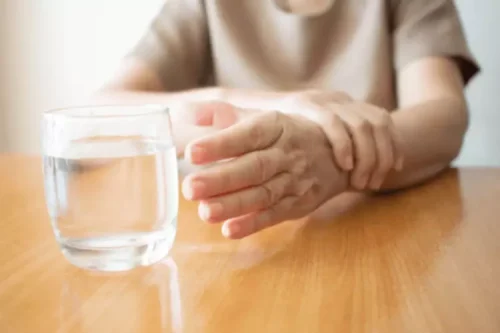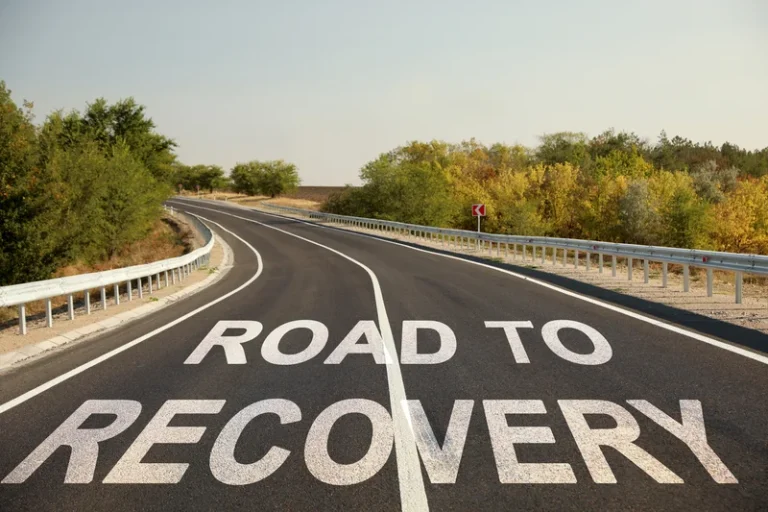Notice: Trying to access array offset on value of type null in /srv/pobeda.altspu.ru/wp-content/plugins/wp-recall/functions/frontend.php on line 698

Articles published on this site go through several rounds of review before publishing, including a clinical review conducted by UPMC medical experts. He credits Zachary and the sharing your story in recovery blood flow restriction therapy for getting him back to doing what he loves most. Blood flow restriction uses a specialized tourniquet system on an exercising arm or leg.
- Alex’s road to recovery involved finding the right combination of mood-stabilizing medication, therapy, and addiction treatment.
- The last thing anyone wants (or needs) is to re-live their trauma over and over.
- This can be empowering for both the storyteller and the listener.
- By doing this you are positively re-enforcing the reasons why you are in recovery, and providing inspiration for others.
- Play it up but don’t dwell on it so that others feel badly about their journey.
Alcohol Addiction Recovery Stories: Breaking Free from the Bottle
Your story can also demonstrate that treatment works and recovery is possible. We have the power to change our story and write a new chapter. When you share your story, be sure to include what you are doing in the present moment to stay sober.

The Experience Blog
- But with each setback, she learned valuable lessons and strengthened her resolve.
- When telling your story, you may feel the urge to start off as you would start any other story—from the beginning.
- Let’s work together to share our recovery stories and help as many people as possible find strength through support and hope from inspiration.
- Now five years sober, Sophia works as a domestic violence counselor, using her experience to help other survivors find healing without turning to substances.
Through these narratives, individuals gain insights into the challenges and how to navigate the journey towards recovery. It provides invaluable knowledge about coping skills, support networks, and self-reflection techniques. In addition to the emotional benefits of social connection, accountability is essential in addiction recovery. Knowing that others are relying on you to stay dedicated to the journey can give you the motivation you need to overcome obstacles and stay focused.
- We might have never felt encouraged or safe to open up and unsure of how to act.
- If there are any concerns about content we have published, please reach out to us at
- If someone else in the room is part of your share, leave them nameless or out of the story entirely.
- Creating sober friendships and joining the recovery community lets individuals build support systems and encourages accountability.
- It’s one of the 12 steps that every AA member needs to complete.
Sharing in Addiction Recovery: The Power of Your Story
It doesn’t discriminate, affecting people from all walks of life, leaving a trail of broken dreams and shattered spirits in its wake. But within this bleak landscape, there are tales of incredible resilience, courage, and transformation that remind us of the indomitable human spirit. Mastin is affiliated with the United Methodist Church where she serves https://ecosoberhouse.com/ many roles and sits on the board. She’s also on the regional board of directors at the Center for Youth Ministry Training where they find new ways to minister to young people. She earned her Bachelor’s and Master’s degrees from the University of Tennessee. Cindy Patterson accepted her role as Chief Development and Marketing Officer in 2019.
The process can be a bit nerve wracking but is ultimately rewarding and fulfilling. To help you get started, I’ve found several dos and don’ts you can use as a guide for telling your AA story. Our specialists remain dedicated to providing exceptional care, developing new, cutting-edge treatments, and finding the quickest, most effective path to recovery. UPMC Rehabilitation Institute offers individualized therapy services.

Subscribe to Our HealthBeat Newsletter!
The road to recovery was challenging, filled with withdrawal symptoms, cravings, and the difficult task of rebuilding trust with her loved ones. By opening up about your recovery, you contribute to a culture that prioritizes health, healing, and well-being over the destructive cycle of addiction. Butch worked for one of the state’s first intensive outpatient programs in Jackson, TN and the Jackson Area Council on Alcoholism. During this time, he developed two pilot addiction programs in the Greater West Tennessee area. Butch also maintained a private practice, specializing in family of origin work and addiction populations.
Jaxon’s Journey: How Cutting-Edge Physical Therapy Fast-Tracked His Recovery
Sign up for AA Daily Reflections
Are You Ready for a Lasting Approach to Addiction Treatment?
